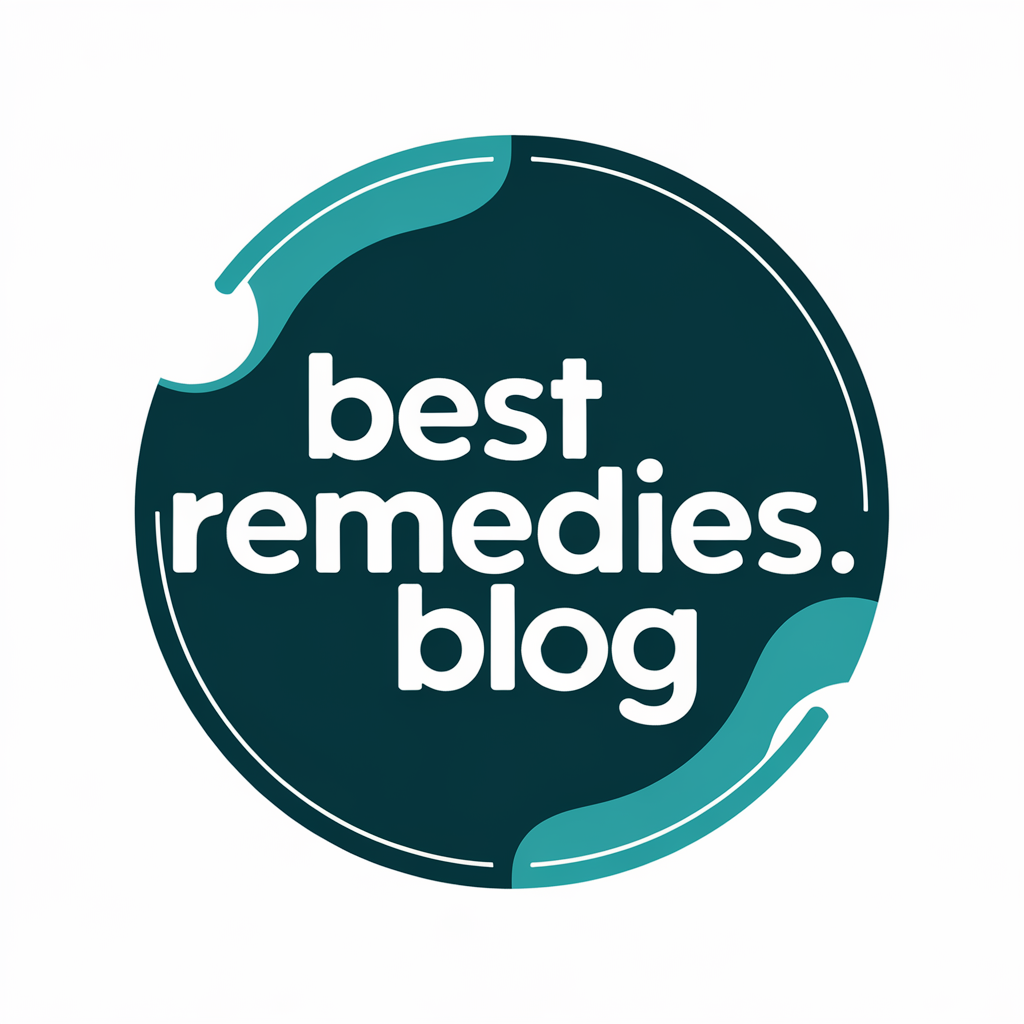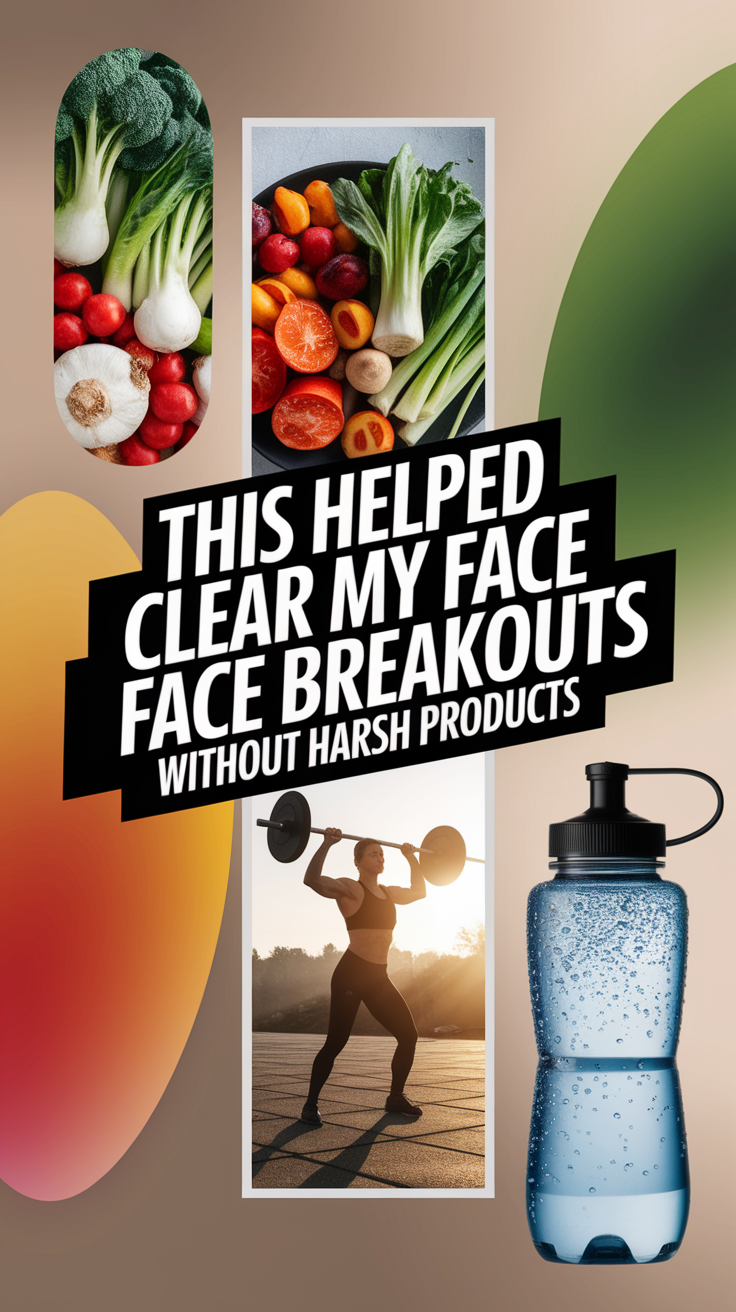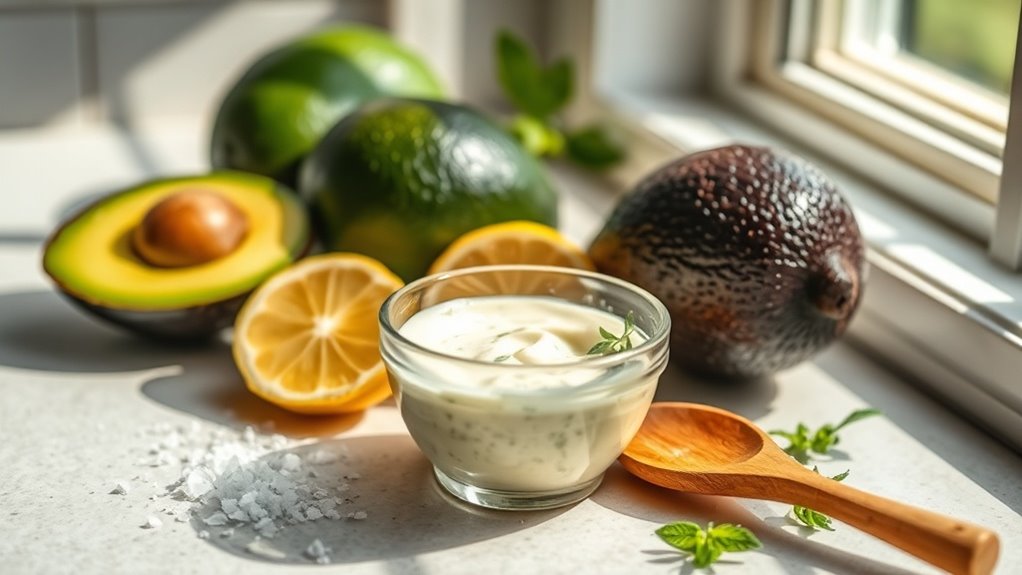Improve Diet
How does diet influence skin health?
Your food choices directly affect your skin by modulating inflammation, supporting collagen production, and balancing hormones, as evidenced by studies in dermatology journals like the Journal of the American Academy of Dermatology.
- Visualize vibrant fruits and vegetables: Picture your plate filled with colorful berries and leafy greens, delivering antioxidants that neutralize free radicals and repair skin damage.
- Incorporate healthy fats: Imagine adding avocados and nuts, providing omega-3s that strengthen your skin barrier and reduce inflammatory breakouts.
- Boost hydration and fiber: Envision drinking water with fiber-rich whole grains, flushing toxins and maintaining moisture for a plump, clear complexion.
-
Limit processed foods: See yourself swapping sugary snacks for nutrient-dense alternatives, preventing insulin spikes that exacerbate acne and dullness.
Manage Stress
While chronic stress elevates cortisol levels, it directly exacerbates skin inflammation and breakouts by disrupting hormonal balance.
You can counteract this by incorporating evidence-based stress management techniques into your routine.
Practice mindfulness meditation daily; studies show it reduces cortisol and improves skin barrier function.
Engage in regular aerobic exercise, which lowers inflammation markers like C-reactive protein.
Prioritize sleep—aim for 7-9 hours nightly—as poor sleep amplifies stress responses.
Track your progress; you’ll notice clearer skin as you maintain these habits, fostering hormonal equilibrium and overall well-being.
Sustaining Results Over Time
Maintaining clear skin over the long term demands a proactive approach, backed by scientific evidence from dermatological studies.
To keep your skin breakout-free, adopt consistent, evidence-based habits that build resilience.
- Visualize daily gentle cleansing with non-comedogenic products, as research shows this prevents pore blockage and reduces bacterial growth.
- Imagine a nutrient-rich diet, with studies proving antioxidants like vitamin C enhance skin repair and minimize inflammation.
- Picture regular stress management routines, where evidence links lower cortisol levels to decreased acne flare-ups.
- Envision periodic skin assessments by a dermatologist, ensuring treatments adapt based on long-term data from clinical trials.
Additionally, explore natural solutions like baking soda to harness its antibacterial effects and help prevent future breakouts.






